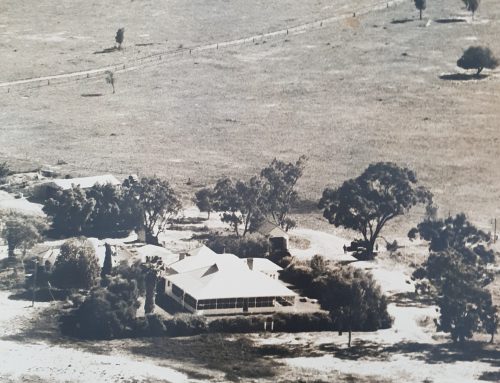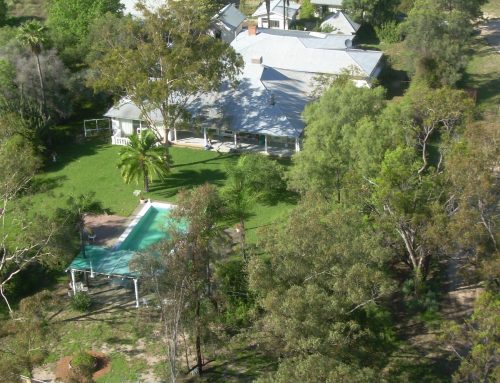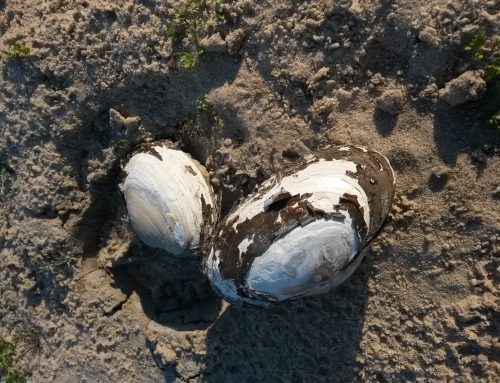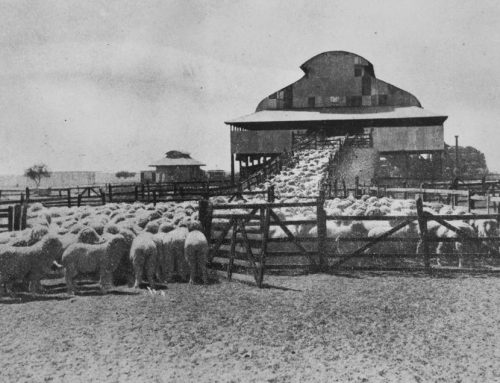In Stephen Orrs The Hands: A Pastoral, a cattle property in the middle of the desert has been in the family for generations. But life on the farm has been hard for a long time. The drought is decimating the cattle herd and the stress of living and working on a property that it is no longer economically viable is starting to eat away at family relationships. Orr is known for his interest in and dissection of family dynamics and the handling of this subject matter makes the novel quite a merciless read on some levels. There is a sense of entrapment among the characters, not only through physical location but through an ingrained emotional attachment to the land, an ideal perpetuated by the holder of the title deeds, the grandfather, Murray.
The wants and needs of this patriarch, rule the rest of the family. This is a man who will do anything to keep the property his own father worked. In turn he expects his son Trevor to do as he says. Trevor might be married with two teenage sons but in effect, as in most bush families he still works for his father. In turn his teenage sons are also expected to carry on the farm into the future.
 Three generations live in the homestead. Including Aunty Fay who moves in after her failed marriage along with her son Chris who has been born with some mental issues but finds a life on the property that may not have been available elsewhere. For a household full of people Orr presents us with a family that has a clear inability to communicate at nearly every level. This is a world where each individual, down to the younger son Harry, puts on a façade to try and ensure a semblance of happy family.
Three generations live in the homestead. Including Aunty Fay who moves in after her failed marriage along with her son Chris who has been born with some mental issues but finds a life on the property that may not have been available elsewhere. For a household full of people Orr presents us with a family that has a clear inability to communicate at nearly every level. This is a world where each individual, down to the younger son Harry, puts on a façade to try and ensure a semblance of happy family.
Orr cant keep this narrative going forever. A catalyst is needed to break the inherent angst and the resulting collateral damage does indeed change everyones lives. This is not the idyllic novel that the sub-title suggests. This is a raw, in your face, suffering rural Australia.
I cant say I particularly liked any of the characters. The bleakness of the work was made even more sombre by Orrs passionless style. What I did enjoy were his descriptions of the desert, the reality of working the land as well as the daily monotony. We also see Trevor gradually coming to understand that he wants a better life, for his family and himself. Other interesting aspects which probably saved the work from being too harsh were the sub-plots, art, oblique references to climate change and the Great War.






Leave A Comment